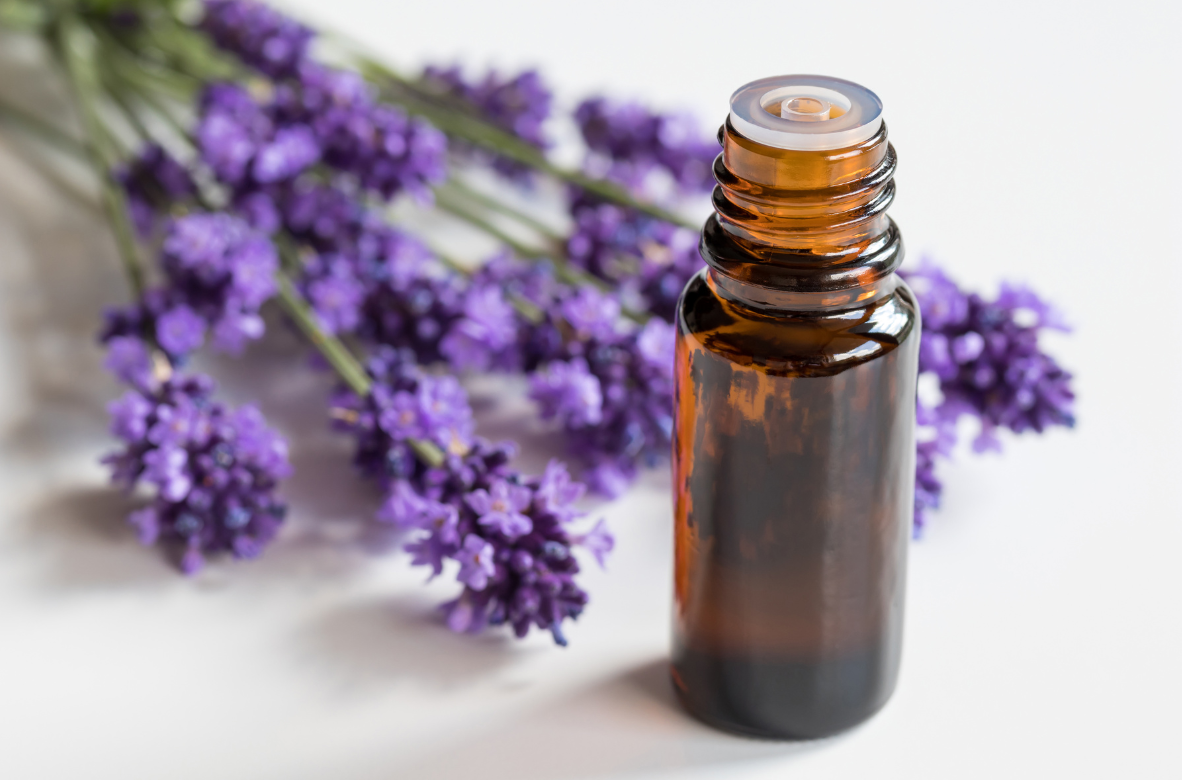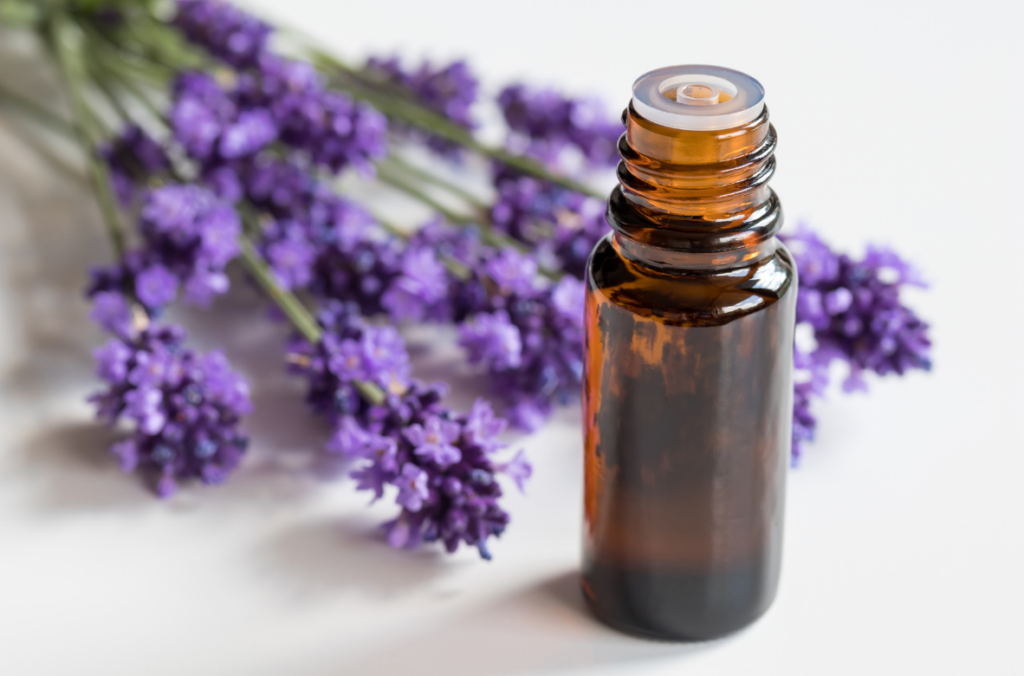Essential oils have gained popularity in recent years for their potential health benefits and versatile uses. However, NO, not all essential oils are created equal. Here, we’ll explore the factors that differentiate essential oils and what you should consider when choosing them.
I know you may have a favorite brand already. However many “essential oil” companies are more about a fragrance, and not about the therapeutic benefits, so they are not pure and can’t be ingested even though they should be. Example; Frankincense and lavender should be safe to ingest (if it is a reputable company), but not all brands you are able too. Keep in mind inhaling impurities can be just as harmful as ingesting them.
Some brands say that they test their essential oils and that they are 100% pure, but have you seen those results? Are their test results public? Do they test deep enough or often enough from farm to bottle? Are there any undetermined ingredients on those test results? Are the oils bought from a broker or are they helping out an individual farmer? These are all great questions to ask! So try to have an open mind when reading this.
Pin this post to your social media if you don’t have time to read it now or to save it!
Factors That Influence Essential Oil Quality
1. Source of the Plant Material
The quality of an essential oil begins with the plant material from which it is derived. Factors such as the plant’s species, growing conditions, and geographical location can significantly impact the oil’s properties. For instance, lavender grown in France might have a different aroma and chemical profile compared to lavender grown in Bulgaria. And would vary therapeutically.
2. Extraction Method
The method used to extract essential oils can affect their purity and potency. Common extraction methods include steam distillation, cold pressing, and solvent extraction. Steam distillation is the most widely used method for most oils, while citrus oils are typically cold-pressed. Solvent extraction is least desirable as it may introduce impurities, making some oils less desirable for therapeutic use.
3. Purity and Adulteration
Purity is a critical factor in assessing essential oil quality. Some oils are diluted or adulterated with synthetic chemicals to lower costs. Or they may use a cheaper essential oil that is not listed on the label but has a similar chemical profile. It’s important to look for oils that are labeled as 100% pure and undergo third-party testing to verify their authenticity and purity. And make sure these tests are public with no undetermined ingredients.
4. Storage and Packaging
Essential oils are sensitive to light, heat, and air exposure, which can degrade their quality over time. High-quality oils are usually stored in dark glass bottles to protect them from these elements and maintain their integrity.
Choosing the Right Essential Oil
When selecting essential oils, consider the following tips to ensure you are getting a high-quality product:
- Research the Brand: Choose brands with a reputation for transparency and quality. Look for companies that provide detailed information about their sourcing and testing practices.
- Read Labels Carefully: Check for labels indicating the botanical name, extraction method, and country of origin. This information can give you insights into the oil’s quality.
- Public Batch Testing: reputable organizations, provide a resource to look up each batch to see it’s individual test results. This can provide additional assurance of an oil’s quality and purity.
- Smell and Appearance: Trust your senses. A quality essential oil should have a consistent aroma and appearance. If the scent is off or the oil looks cloudy, it might be compromised.
Just remember not all essential oils are equal. Just because the label says the same thing.
My recommendation backed by Studies &Science
For my family and home there is only one essential oil brand I trust to check all the boxes and deliver the same oil and therapeutic potency time and time again!
Check out this Roseman University Study on essential oils. Roseman found that doTERRA essential oils to be therapeutically-relevant in:
- cell growth and rejuvenation
- metabolic health
- and healthy inflammatory responses
Because of various reasons including adulteration, essential oils from competitors had minimal effects. Roseman University concluded that the therapeutic potential of essential oils is highly dependent on the complete composition of the oil, making their sourcing, processing and characterization critical to their benefits.
Sourcing from plants grown in their ideal environments, which makes the difference in the chemical profile and therapeutic effectiveness of the oil. Over 54 tests are done on each batch of doTERRA essential oils – from the farmer to the consumer. Only 11 tests are done internally by the doTERRA themselves, the rest are 3rd party. Because of their purity, many of their oils can safely be used topically, aromatically, and internally.
As far as transparency goes, doTERRA has a public site where you can look up each individual batch number to see the batch’s test results. Go to sourcetoyou.com That gives you extra security instead of a test from an unknown batch.
Purity also makes doTERRA essential oils more affordable than our competitors with a lower price tag, because a little goes a long way.
Lastly this company has heart and passion to create the best and most pure essential oils in the world. Please watch how doTERRA originated in this Genesis Video.
I’m sure you are starting to see that not all essential oils are equal.
Here's some research & Awards
No need to just take my opinion on why I feel doTERRA is the best. Here’s a few more resources to do your own research.
First let’s not forget the Roseman University Study on essential oils we mentioned above. Stating how much sourcing and processing matters.
Secondly check out this 2025 Verified Market Leadership Award In the Global Aromatherapy and Essential Oil Markets. Please read to see why they were chosen for this award.
Thirdly here’s the consumer advocate report on the Top 10 Oils. Pay close attention to the testing portion. Most of these had some undetermined ingredients, or diluted or adulterated, even though they are considered top 10. But not doTERRA essential Oils! That one gets my vote every time! Now if you do not see the oil you use listed there is a reason. Also towards the bottom they do list the reasons that one large essential oil company was not listed. I’ll let you read that information there but it appears they didn’t like the review they posted.
Lastly, here’s the Science Resources. If you are a doctor with credentials you can join the medical journal community towards the bottom of that blog.
Conclusion
In conclusion, not all essential oils are equal, and their quality can vary based on several factors, including the source, extraction method, and purity. By being informed and selective, you can choose essential oils that offer the best benefits and meet your needs. Always prioritize quality over cost to ensure you are using oils that are safe and effective.
Lastly I would love to help answer any questions or help you get started in your wellness journey. Please comment or reach out through the contact me option. I would love to meet with you to help you cut through the tons of options and to dial in on where the best place to start is for you. If you’d like to go look for yourself here’s My Favorite Essential Oils Link.
Want to learn more about essential oils? Take my FREE 21 Day Essential Oil Course.

Share via:
